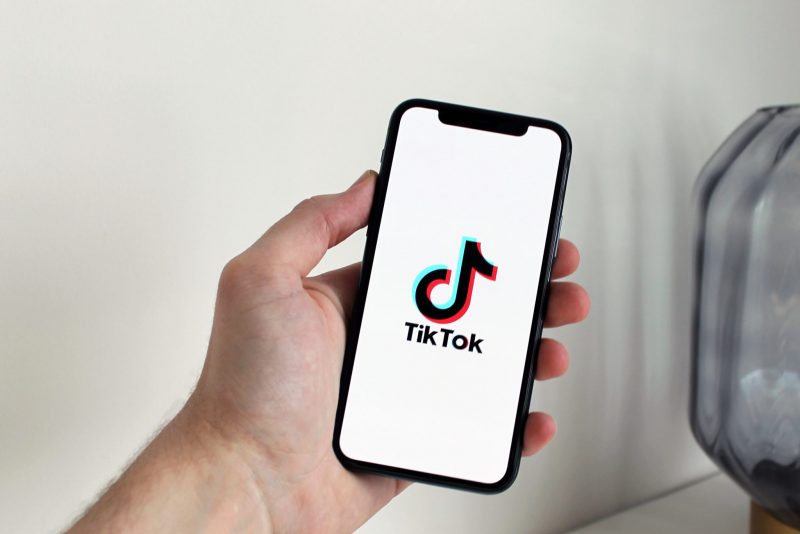Feds ban TikTok on government phones


On Feb. 28 the federal government finalized a decision to remove and block the TikTok app from all government-issued devices.
While government officials using TikTok probably merits worry in itself, serious security issues accompany the typical attentional and epistemological consequences of using the app for this cohort.
“The key issue is, when considering government devices, to consider the type of data that TikTok would be able to gather about government officials on those devices,” said Aynne Kokas, a professor of media studies at the University of Virginia and author of Trafficking Data: How China is Winning the Battle for Digital Sovereignty.
Another concern is data collection related to the “security of networks and devices that are connected to other types of critical infrastructure.”
These security concerns are made legitimate by way of relationships between the Chinese Communist Party (CCP) and companies like ByteDance, TikTok’s parent company.
As with most things CCP, these relationships take the form of listen-or-else.
According to Kokas, ByteDance and other companies rely on the Chinese government for their continued existence. For this reason, the CCP can significantly pressure companies to do their bidding.
Such pressure is exerted by way of fear and compulsion.
“That’s through the chilling effect that we’ve seen on the Chinese tech sector … [for instance], key figures in the Chinese tech sector being disappeared or … not allowed to leave the country, forced to participate in government investigation,” Kokas explained.
The key issue is, when considering government devices, to consider the type of data that TikTok would be able to gather about government officials on those devices.
Aynne Kokas, professor of media studies at the University of Virginia
Outside (though still including) government devices, TikTok brings more traditional threats to Canadian society. Most obvious is the threat of misinformation and disinformation. No different from apps like Facebook and Instagram, ByteDance is not overly enthusiastic about revealing the workings of TikTok’s algorithms.
This secrecy, albeit expected from a tech company, couples with the CCP’s capacity for pressure on companies like ByteDance to make for greater uncertainty and perhaps unease in the case of TikTok.
“Because of this lack of algorithmic transparency and because of the different levers that the Chinese government has to uniquely pressure Chinese firms or firms that have large markets in China, it’s very difficult to know the extent to which the Chinese government is able to shape that discourse,” Kokas said.
When it comes to citizen (i.e., non-governmental) use of TikTok, the question of deletion becomes trickier. This is true even though TikTok likely mirrors the findings of countless academic studies which say that social media negatively impacts mental health.
“I think that there are unique concerns that an app like TikTok presents but I think it’s unfair to place that responsibility on individual users to basically extract themselves from social networks … rather, it should be the domain of governments to take charge.”
Moreover, steps can be taken to lessen the necessity, by lessening the threat of continued use, to delete TikTok
“I think that it’s less about restricting TikTok and more about enhancing the protection and privacy of user data across all apps and that apps like TikTok and Instagram and Facebook would need to comply with enhanced data privacy measures,” Kokas said.
The question of deletion, then, ultimately rests on the individual user. However, for government devices, where national security is coupled with more traditional personal consequences, the onus rests on the federal government.

